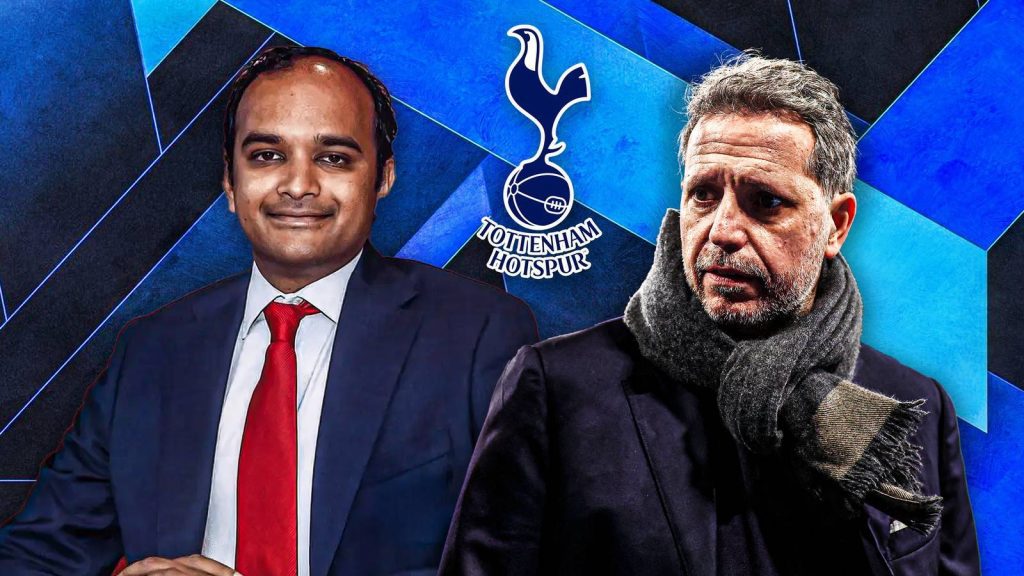Daniel Levy has been the most significant figure at Tottenham Hotspur for nearly 25 years.
This is why his announcement to step down as executive chairman on September 4, while retaining his shareholding, marked a major change for the club. Spurs have experienced tremendous off-field growth during Levy’s tenure, but on-field success has lagged behind.
Levy has faced considerable criticism from fans recently, primarily for perceived insufficient investment in the team’s performance, especially after the club’s expansion off the pitch. The excitement surrounding the new stadium, launched in 2019, faded quickly as on-pitch results failed to match fan expectations.
Following the exit of popular manager Mauricio Pochettino, several coaches—including Jose Mourinho, Nuno Espirito Santo, Antonio Conte, and Ange Postecoglou—have tried to find success. Critics have often described Levy as overly cautious with spending, but statistics paint a different picture. From 2019 to 2024, Spurs had a gross transfer expenditure of £830m, ranking fifth among the ‘big six’ clubs, even surpassing Liverpool. The squad’s overall cost reached nearly £700m in 2024, up from £579m the previous year, reflecting a 298% increase since 2016.
Ownership Shift and Takeover Speculation
Levy’s departure from active leadership roles has shifted attention back to ENIC, the club’s ownership group, which previously faced much criticism due to Levy’s prominence. Speculations about a takeover have been ongoing since the stadium’s completion, marking Spurs as a valuable asset in North London due to its location, transport access, and lucrative contracts with the NFL and concert promoters.
Recent Financial Developments
Recently, ENIC injected £100m into the club, aimed at strengthening the team’s future performance. This funding underscores the importance of sustainable investment to enhance competitiveness, particularly as Spurs aim for Champions League participation this season.
By qualifying for the Champions League, Spurs stand to gain significant revenue—potentially exceeding £130m if they excel. Even a conservative estimate suggests that reaching the knockout stages could net the club over £75m, bolstering their financial strategy for future investments.
Strategic Financial Management
However, the recent £100m injection isn’t simply a transfer budget; it is intended to enhance cash flow, allowing the club to meet existing financial obligations without compromising immediate competitiveness. While Spurs have substantial transfer debts exceeding £337m, leveraging such liquidity could facilitate strategic investments in the future.
The irony lies in Levy being criticized for risk aversion, while the club has taken on significant debt for growth, currently standing at £851m collectively. The focus has consistently been on long-term infrastructure over immediate squad enhancements.
Future Directions
With Levy’s departure, the expectation is that ENIC will shift focus toward delivering a successful team under manager Postecoglou. This change may serve to quell any dissatisfaction among fans while reinforcing the club’s commitment to competitive football.



